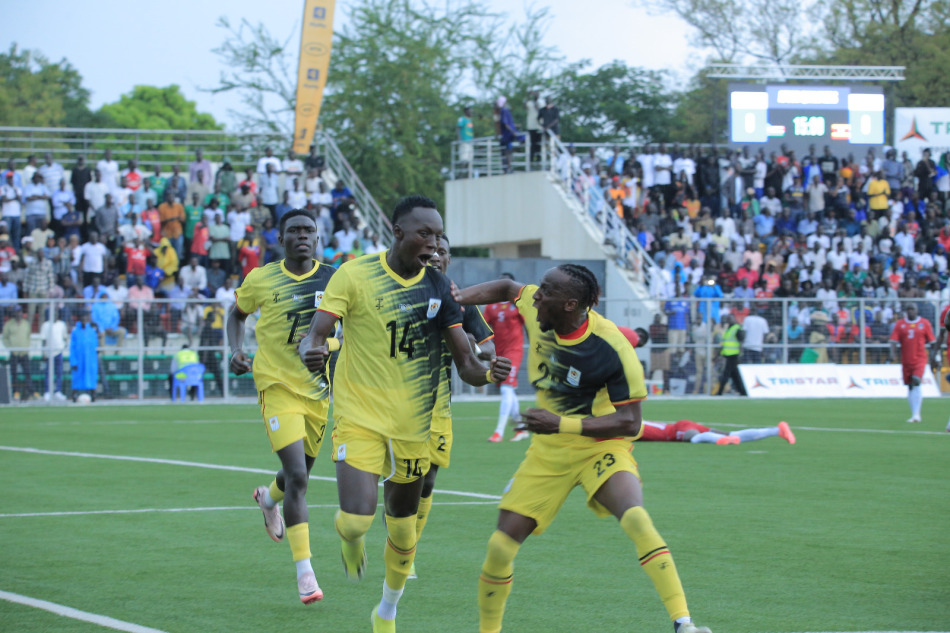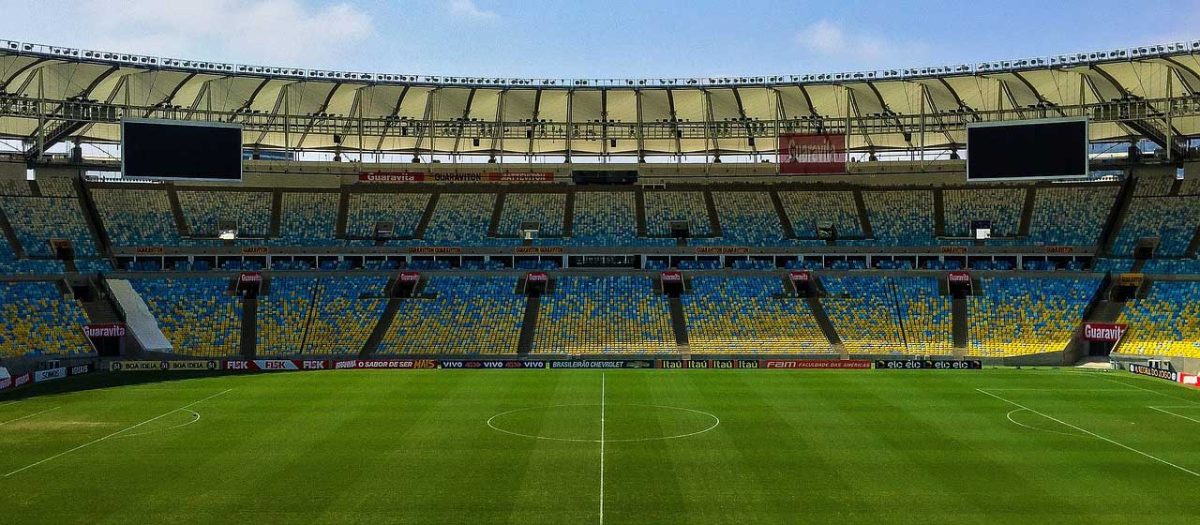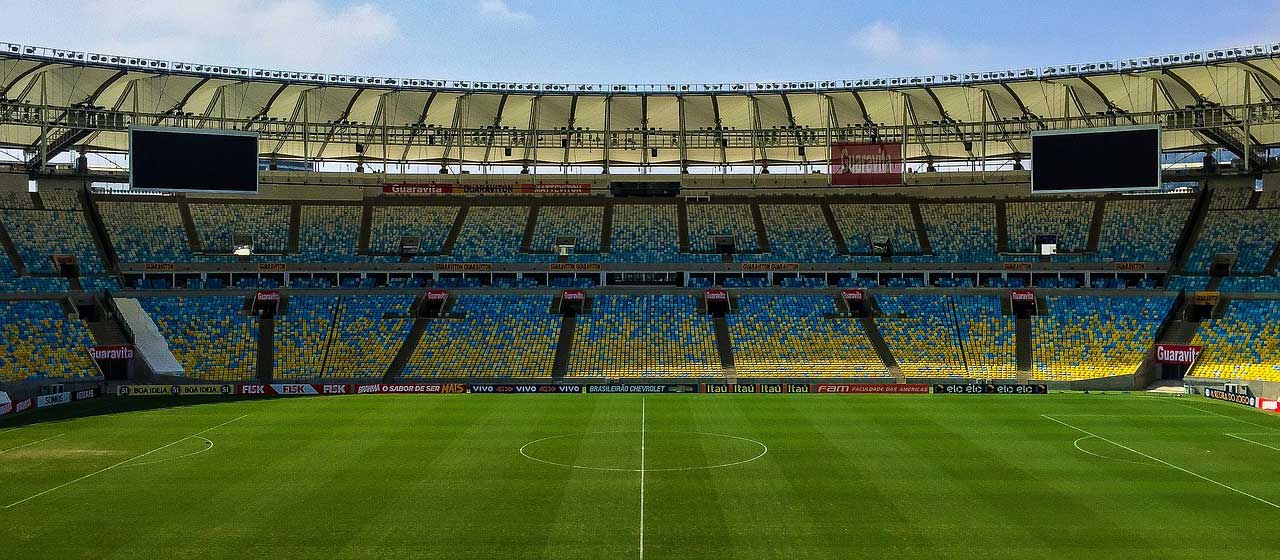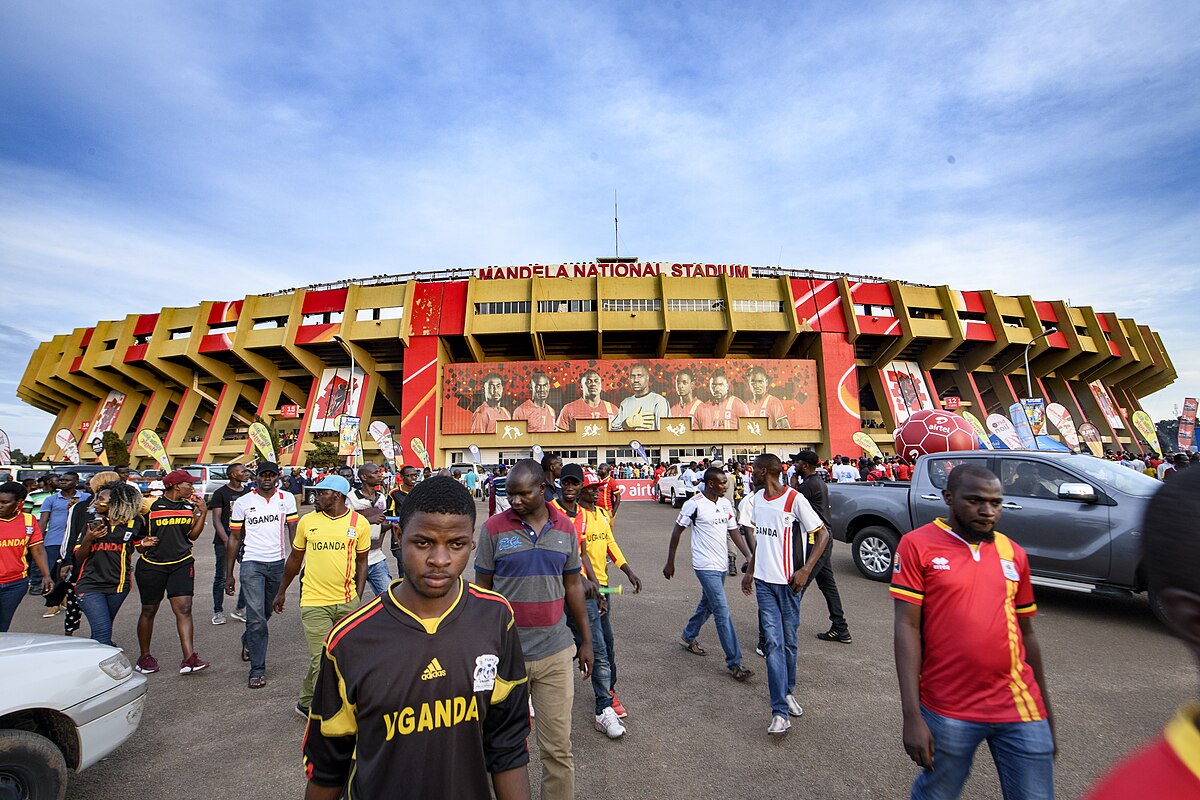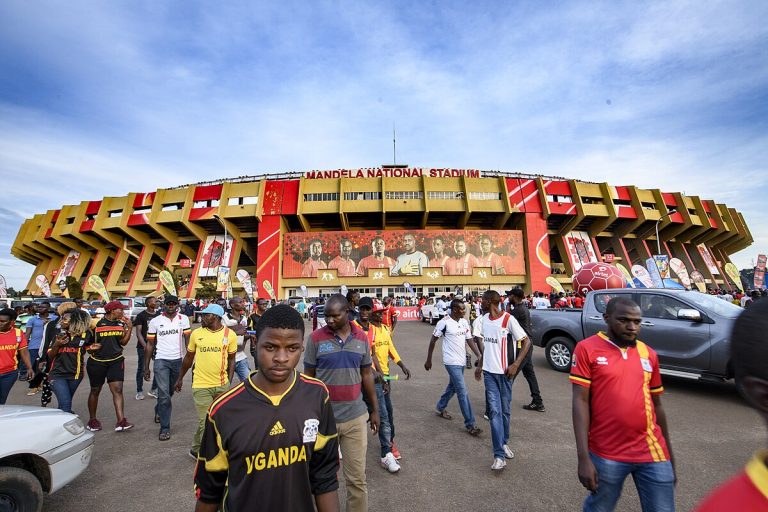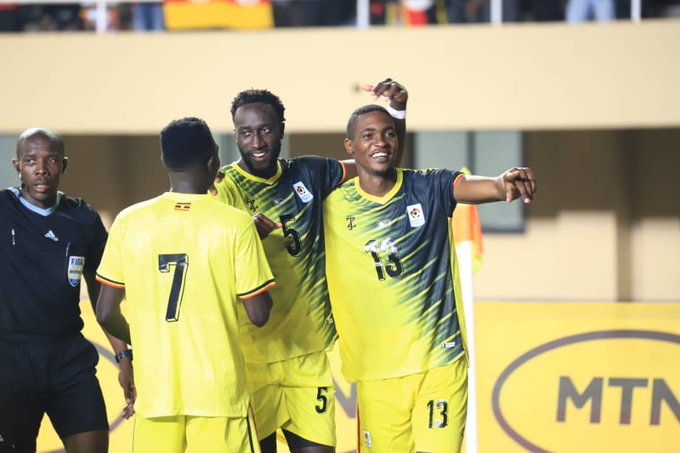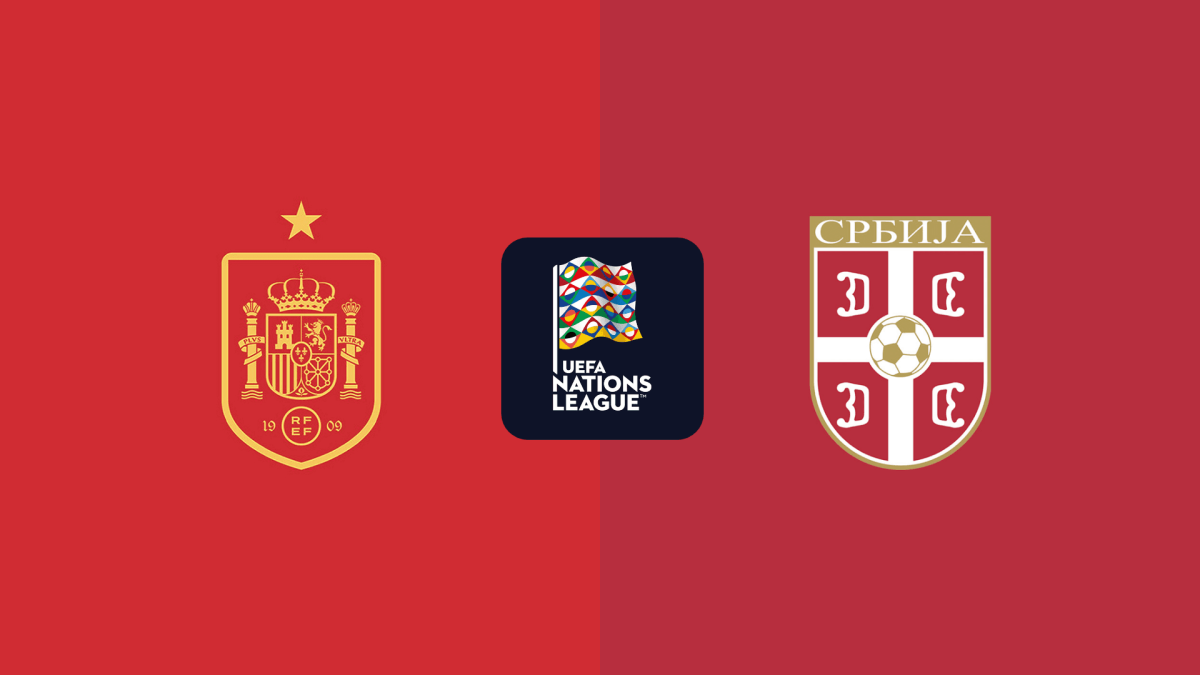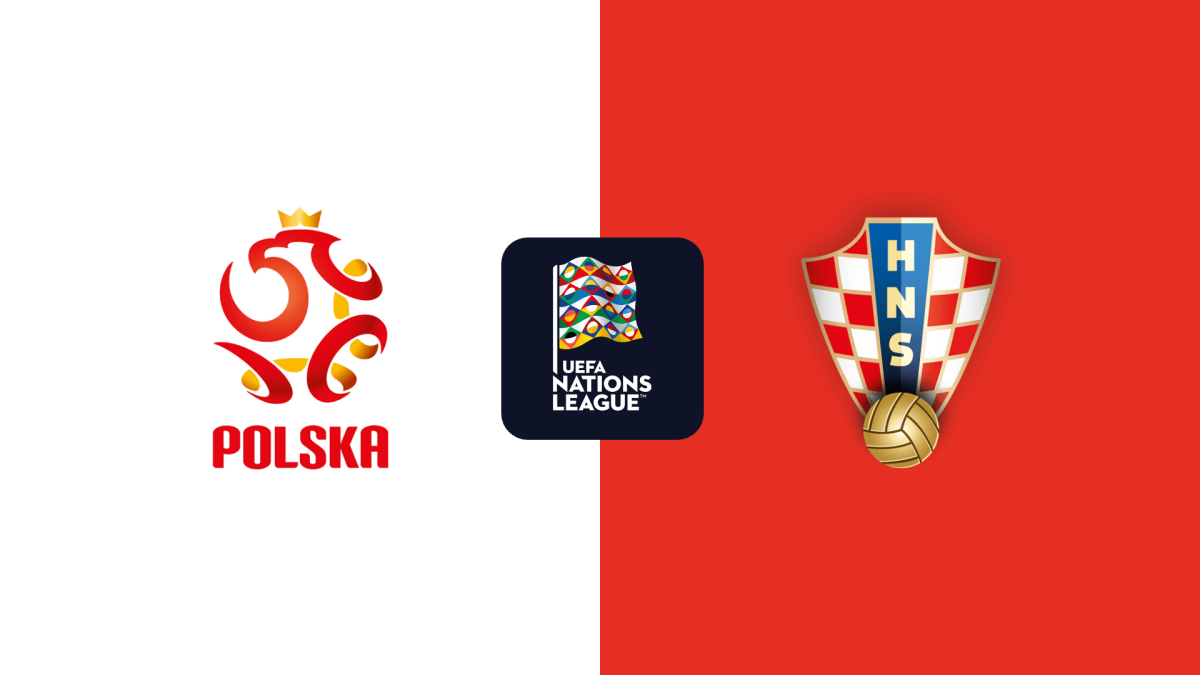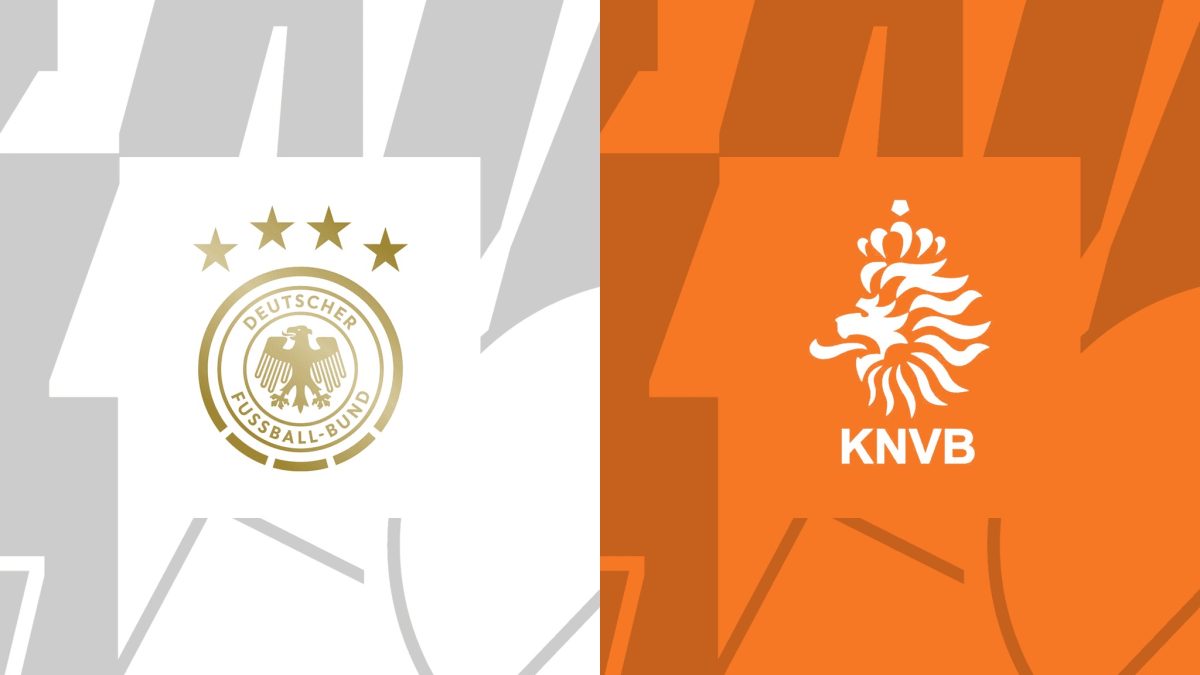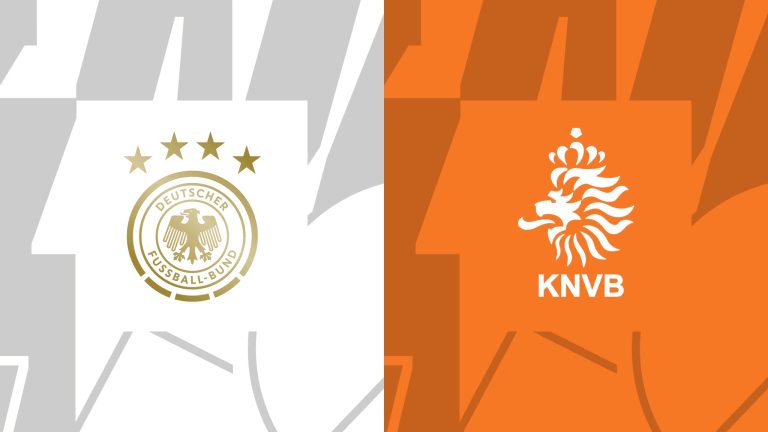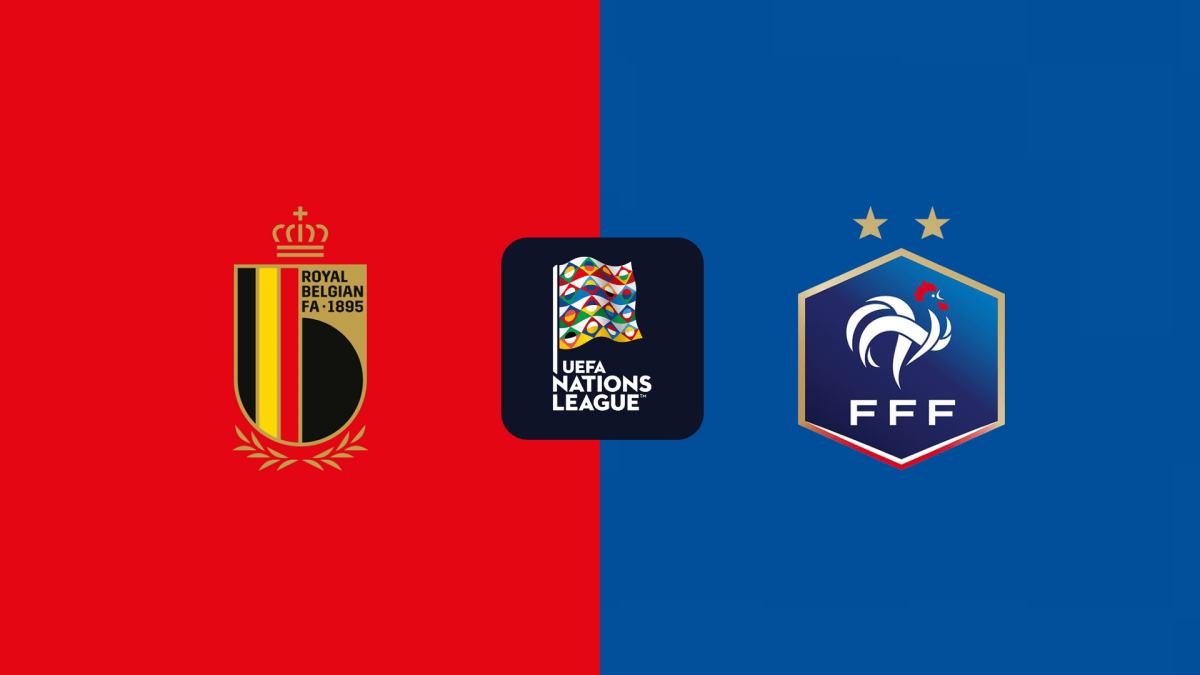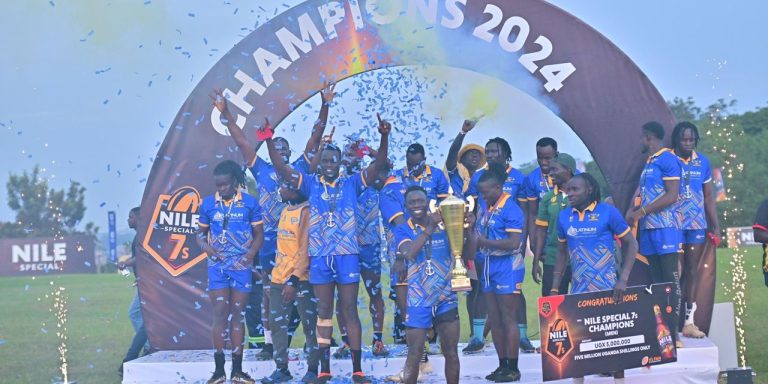Uganda Cranes Dominate South Sudan to Strengthen AFCON 2025 Qualification Hopes

The Uganda Cranes had taken a step toward booking a spot at the 2025 Africa Nations Cup with a slim win of 2-1 over South Sudan at the Juba Stadium on Tuesday. This triumph hurled Uganda into top gear of Group K, but it also left them needing just a point from their remaining two games to nail qualification into the prestigious tournament.
Ugandan’s win was spearheaded by Denis Omedi’s early strike and an own goal courtesy of South Sudan’s Alfred Leku.
Early Dominance Leads to Crucial Goals
The Cranes started strong, pressing South Sudan right from kickoff. As a result, the pressure paid off in the 16th minute when Omedi converted a well-orchestrated move, firing a low shot past the South Sudan goalkeeper. However, Uganda’s lead was short-lived, as South Sudan equalized just five minutes later through Yohanna Juma Paulino.
Coach Paul Put’s halftime substitutions were crucial. Introducing Travis Mutyaba injected fresh energy into the team. In the 65th minute, Mutyaba’s precise free-kick was flicked on by Jude Ssemugabi, leading to the decisive own goal by Leku.
Supporters Power Cranes to Victory
Ugandan fans braved the rain and packed Juba Stadium, providing support. As the game progressed, the Cranes held out for the rest of the game to ensure their third win in four matches. Uganda now is on 10 points-two ahead of South Africa, while just one more point will confirm qualification for AFCON 2025.
Uganda Cranes: Eyes on the Next Challenge
In November, Uganda will face South Africa at Namboole Stadium before closing their campaign against Congo. A point from either match will see Uganda return to the Africa Cup of Nations for the first time since 2019.
Group K Standings After Matchday Four
- Uganda: P 4 | W 3 | D 1 | L 0 | GF 7 | GA 3 | GD +4 | PTS 10
- South Africa: P 4 | W 2 | D 2 | L 0 | GF 11 | GA 5 | GD +6 | PTS 8
- Congo: P 4 | W 1 | D 1 | L 2 | GF 2 | GA 8 | GD -6 | PTS 4
- South Sudan: P 4 | W 0 | D 0 | L 4 | GF 3 | GA 7 | GD -4 | PTS 0
Uganda Cranes: November Fixtures
- Nov 10: South Sudan vs Congo
- Nov 10: Uganda vs South Africa
- Nov 18: South Africa vs South Sudan
- Nov 18: Congo vs Uganda
Uganda’s Path Forward
With momentum at their side, the Uganda Cranes stand at the cusp of history. Their command performance in Juba sets them up for what could be a triumphant qualification for AFCON 2025. Their next matches will be crucial, but if they maintain this form, Uganda fans can expect to see their team back on the continental stage.

